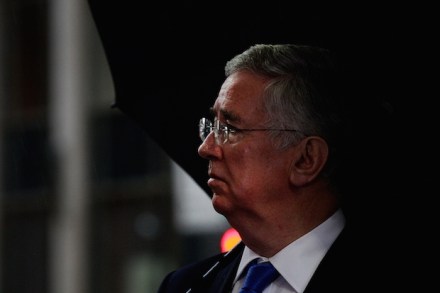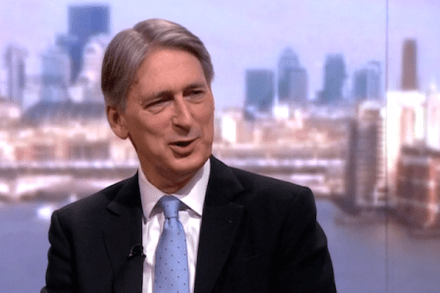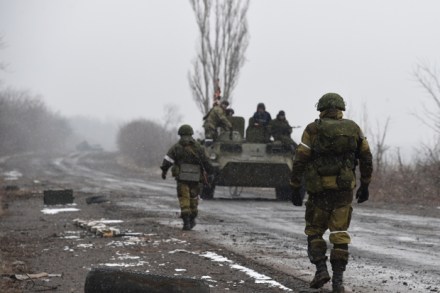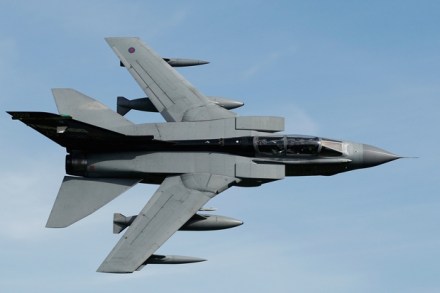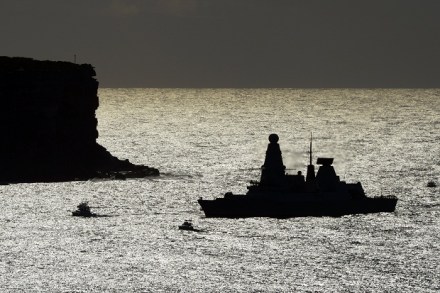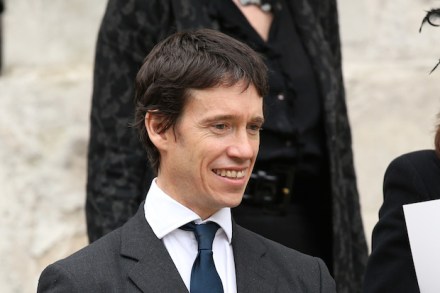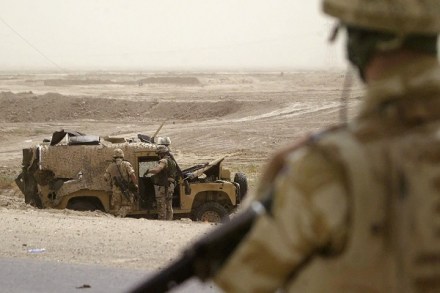Fallon refuses to back Labour on Trident as he plays politics with defence
Things have come to a pretty pass when the two party spokespeople who experience the worst drubbing in a debate are the current Defence Secretary and the Green party representative. In today’s Daily Politics defence debate Rebecca Johnson ended up, after some considerable flapping and obfuscation, disowning a section of the Green party’s website which said membership of a jihadi organisation shouldn’t be illegal. And Michael Fallon repeatedly refused to say that the Tories would support Labour in a vote on Trident renewal, then struggled under tough questions about the Tory failure to commit to spending 2 per cent of GDP on defence. Vernon Coaker also dodged questions on Labour’s
